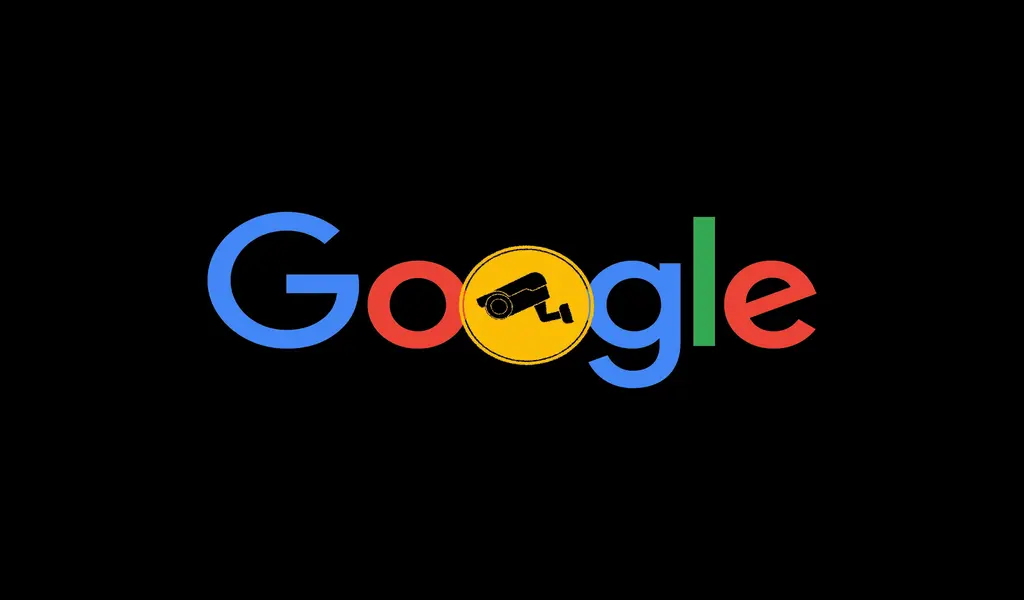(CTN NEWS) – WASHINGTON – After witnessing encouraging results in Eastern Europe, Google is launching a new initiative in Germany to help people become more robust to the damaging impacts of internet disinformation.
The IT giant intends to publish several quick movies outlining the methods used in numerous deceptive claims. In Germany, the videos will be used as adverts on websites like Facebook, YouTube, and TikTok. India is likewise planning a campaign along these lines.
Prebunking is a strategy that entails educating individuals on how to recognize fraudulent statements before they happen. Researchers and IT businesses are beginning to embrace the strategy.
According to Beth Goldberg, head of research and development at Jigsaw, a Google incubator unit focusing on new social problems, “there’s a big desire for solutions.”
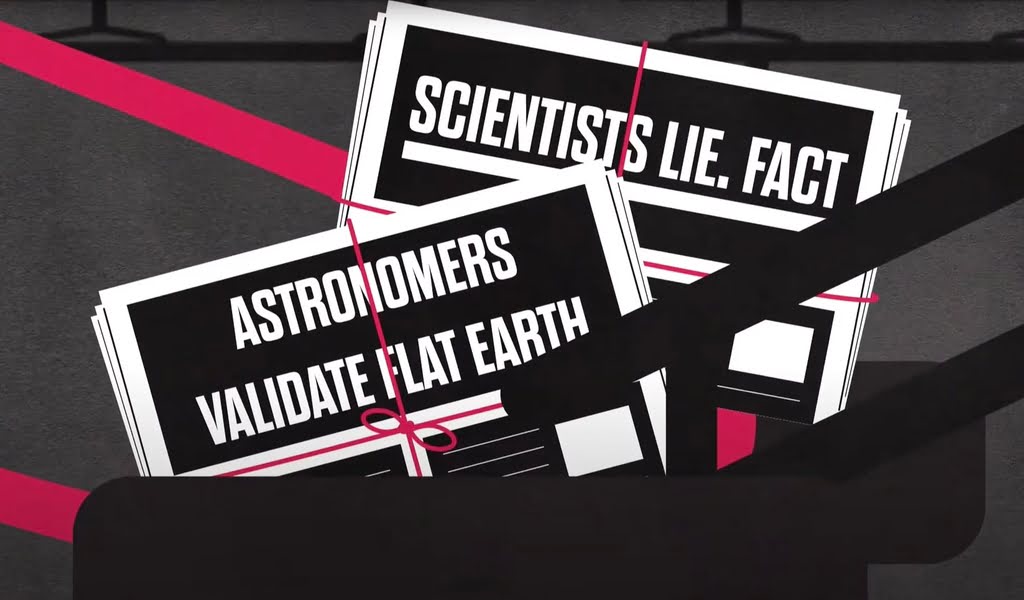
“Using advertisements as a means of thwarting a disinformation tactic is quite innovative. And we’re thrilled with the outcomes.”
Conspiracy theories and disinformation are nothing new, but thanks to the internet’s speed and reach, they now have more influence than ever.
When triggered by algorithms, false information can make people less likely to get vaccinations, promote authoritarian propaganda, foster mistrust of democratic institutions, and incite violence.
It’s a difficult problem with few simple answers. Although journalistic fact checks are useful, they are time-consuming, not read by everyone, and they won’t persuade those who already have a negative opinion of traditional journalism.
Another response is content filtering by internet firms, which spreads false information further and raises accusations of bias and censorship.
Contrarily, prebunking videos are relatively cheap and simple to make, and when posted on well-known sites, they can be viewed by millions of people.
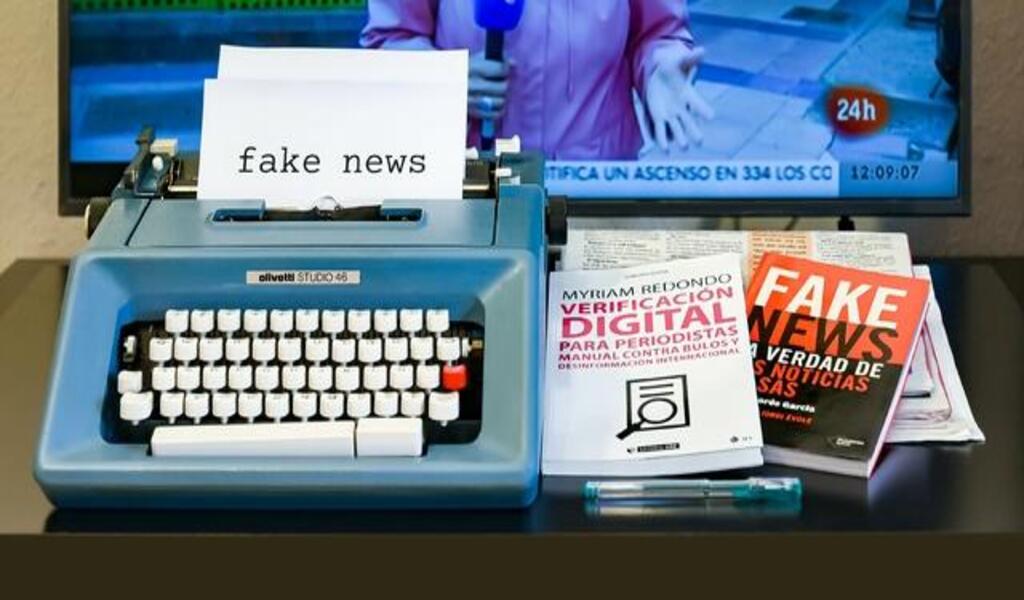
They also completely skirt the political difficulty by avoiding the subjects of false claims, which are frequently cultural flashpoints, and concentrating instead on the methods that make viral disinformation so contagious.
These tactics include exaggeration, scapegoating, misleading comparisons, invoking emotional triggers, and lacking context.
Whether the topic is COVID-19, mass murders, immigration, climate change, or elections, false information frequently employs one or more techniques to appeal to emotions and sidestep critical thinking.
In Poland, the Czech Republic, and Slovakia, Google ran a prebunking video campaign last fall, launching the biggest test of the hypothesis to date. The videos broke into the many strategies used to make untrue allegations about Ukrainian refugees.
Many assertions were built on untrue, scary rumors that refugees were committing crimes or displacing locals from their occupations.
Most people in the three countries, or 38 million people, watched the videos on Facebook, TikTok, YouTube, and Twitter.
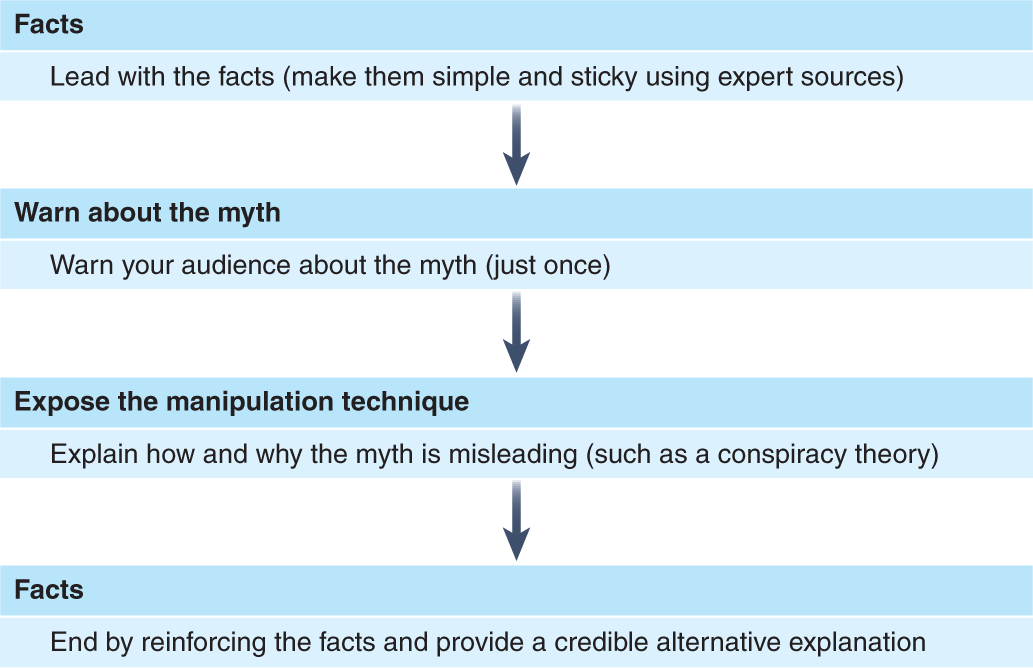
Researchers discovered that those who had watched the films were more likely to be able to recognize disinformation tactics and less likely to transmit misleading information to others than those who hadn’t.
The pilot effort, which added to a growing body of evidence in favor of the idea, was the largest test of prebunking to yet.
Alex Mahadevan, director of MediaWise, a media literacy initiative of the Poynter Institute, said, “This is a good news story in what has essentially been a bad news business when it comes to misleading information.”
MediaWise has incorporated prebunking to its initiatives in countries like Brazil, Spain, France, and the U.s.
The tactic, according to Mahadevan, is “very efficient for addressing disinformation at scale because you can reach many people while simultaneously addressing a wide spectrum of misinformation.”
Google will emphasize the ease with which images and videos can be used as false proof in its new advertising campaign in Germany.
As an illustration, last week, after the earthquake in Turkey, some social media users posted a clip of a huge explosion in Beirut from the year 2020, claiming it was a film of a nuclear explosion.

The 2020 explosion had previously been the topic of erroneous information.
Before next week’s Munich Security Conference, Google will make an announcement on Monday about its new German campaign.
The announcement’s timing, right before that yearly conference of foreign security authorities, underscores increased worries among internet companies and government officials about the effects of false information.
According to Sander van der Linden, a University of Cambridge professor regarded as a major authority, prebunking is popular with IT corporations since it steers clear of politically charged issues.
In addition to assisting Meta, the proprietor of Facebook and Instagram, Van der Linden worked with Google on its campaign.
The company told The Associated Press in an email that Meta has recently implemented prebunking into numerous media literacy and anti-misinformation initiatives.
They include a 2021 initiative in the US that provided communities of colour with media literacy instruction on COVID-19. Following the training, participants were tested to determine their resistance to false COVID-19 claims.
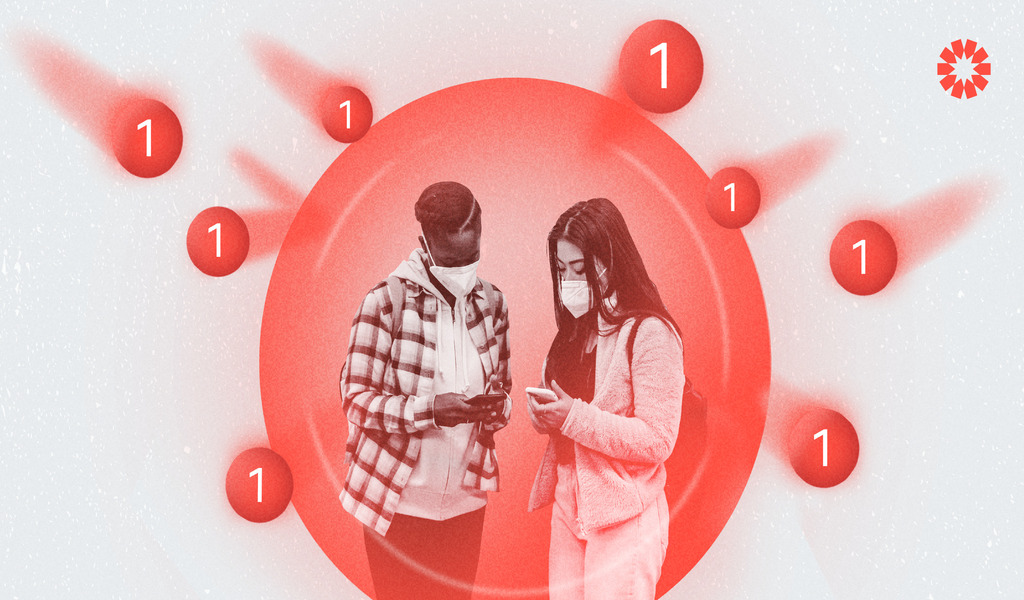
Prebunking has its difficulties. To maintain the effects of the videos, periodic “booster” videos must be used. Additionally, the videos need to be well-made and suited for various demographics, languages, and cultural backgrounds to keep the viewer’s interest.
It’s also not universally effective, much like a vaccine.
Google discovered that the results of its campaign in Eastern Europe differed by nation. The movie’s impact was greatest in Poland, but researchers determined that it was “little to no detectable effect” in Slovakia.
One argument is that the videos weren’t made expressly for the local audience; rather, they were dubbed into Slovak.
Prebunking, however, could assist communities in developing a sort of herd immunity to disinformation, minimizing its influence, when combined with conventional journalism, content control, and other techniques of countering it.
“Misinformation can be compared to a virus. It grows. It persists. It can influence how people behave; Van der Linden told the AP. “Some people get symptoms; some people don’t. So, if it spreads and behaves like a virus, we may develop a vaccine.”
RELATED CTN NEWS:
World’s Most Powerful iPhone Monitoring Software
Buy Authentic Instagram Followers in New Zealand
5 ChatGPT Based Extensions that You Can Add to Google Chrome for Enhanced Productivity


